Seeking Cancer Care
Use our health finder tool to find nearby cancer treatment centers.
Florida Cancer Connect’s Cancer Care Locator helps residents find health care facilities, including hospitals and cancer treatment centers. Additional providers are added regularly.
Cancer Care Locator
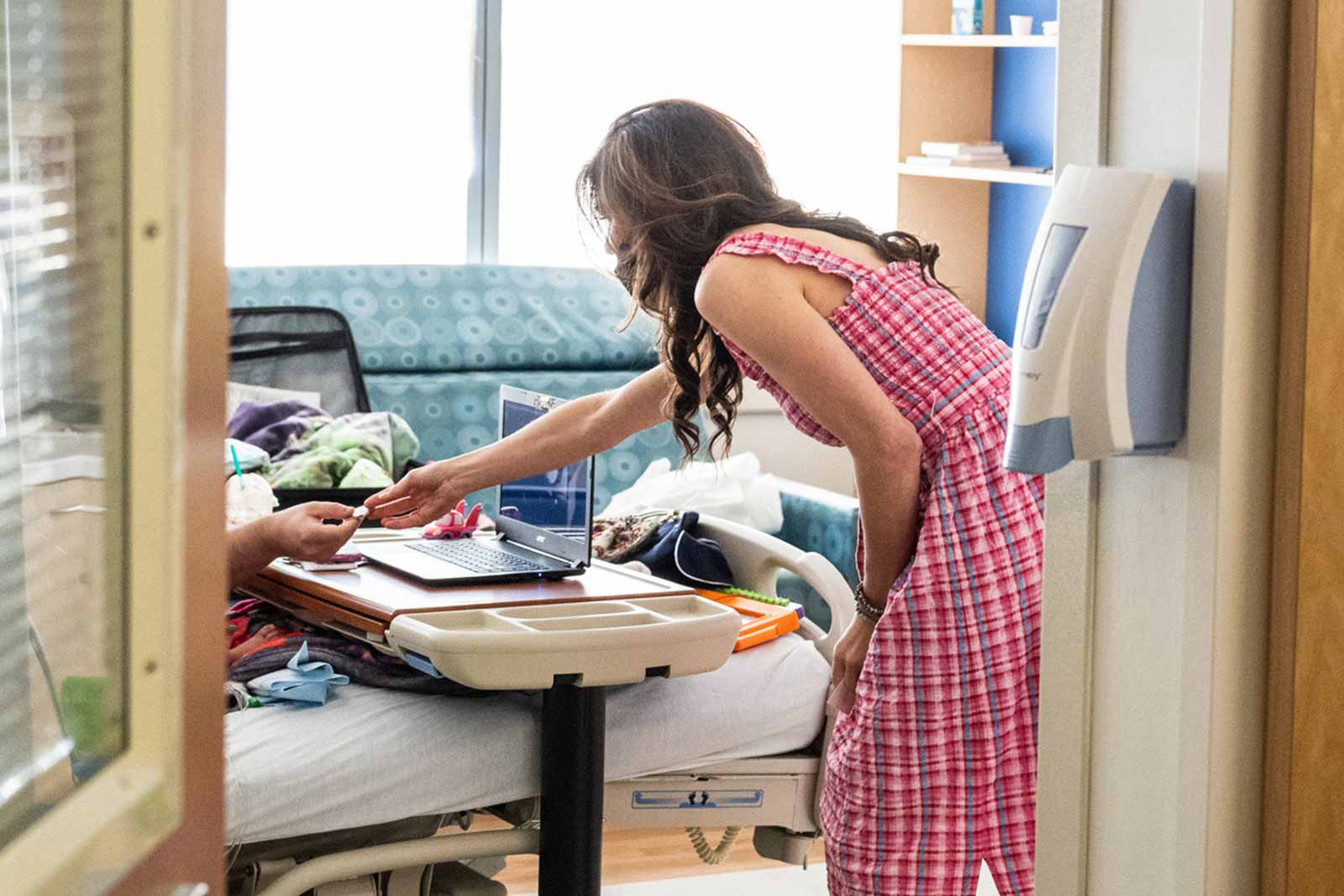
Navigating Coverage
Find resources to help you navigate health insurance coverage, so you can focus on what matters.
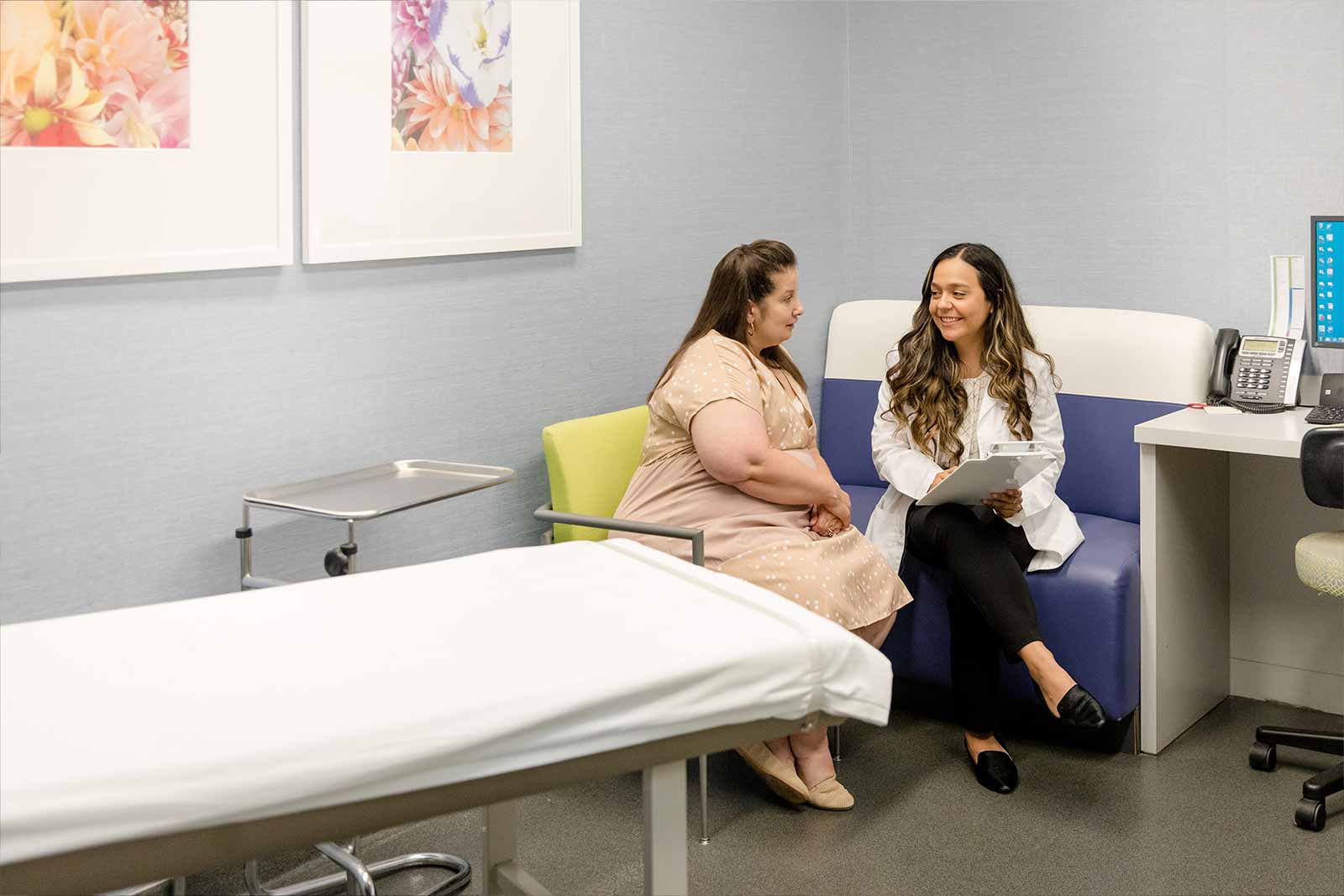 The DFS Insurance Consumer Helpline is available to assist families and can be reached toll-free at 1-877-MY-FL-CFO (1-877-693-5236) or 850-413-3089 if calling from an out-of-state number.
The DFS Insurance Consumer Helpline is available to assist families and can be reached toll-free at 1-877-MY-FL-CFO (1-877-693-5236) or 850-413-3089 if calling from an out-of-state number.
When facing a cancer diagnosis, understanding and navigating the health care system can be challenging in an already stressful time. The Florida Department of Financial Services (DFS) offers a Health Insurance Consumer Guide that may help answer your insurance-related questions. Although the Florida Office of Insurance Regulation is responsible for licensing and regulating insurance companies, DFS handles consumer-related matters.
If you are a Florida Medicaid member and you are experiencing challenges with your managed care plan, contact the Florida Agency for Health Care Administration online or by calling 1-877-254-1055 (TDD 1-866-467-4970).
View the Health Insurance Consumer GuideWhat do I need to know about my loved one’s health insurance?
It is important for adults and children with cancer to maintain continuous health insurance coverage that includes necessary cancer treatments. Here is what caregivers need to know about health insurance:
- Know the details of your loved one’s individual insurance plan and its coverage. Ask the plan administrator for a Summary of Benefits (SBC).
- When possible, call the insurer to make sure planned medical services (such as surgery, procedures, or treatments) do not require prior authorization.
- If you are changing insurance plans, do not let your policy lapse until the new one becomes effective. This includes switching to Medicare.
- Pay health insurance premiums and other costs in full and on time to avoid any gap in coverage.

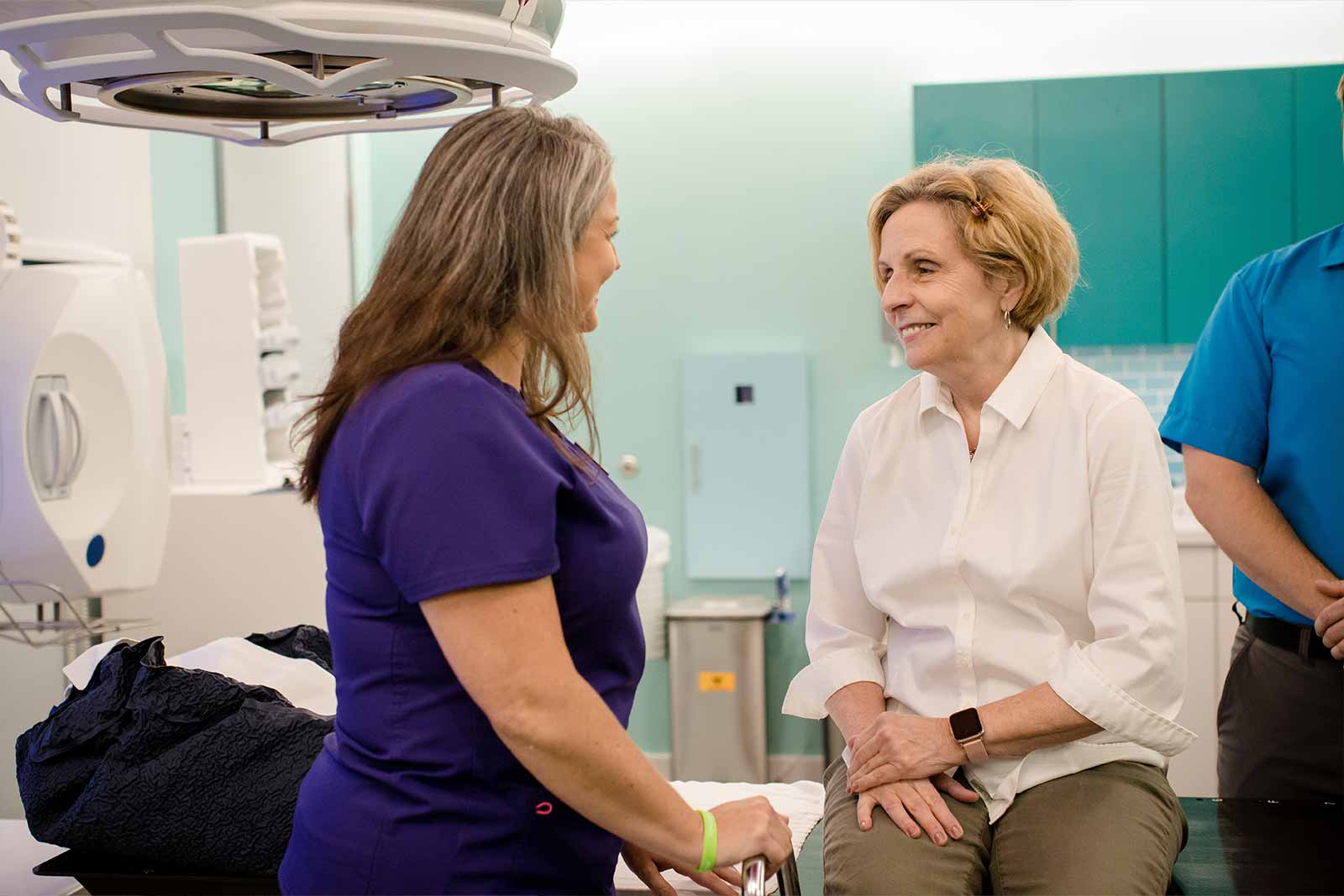
Additional things to know about health insurance:
- If a bill looks odd or wrong, call or email the insurer to avoid being mistakenly overcharged.
- Submit claims for all medical expenses, even when you’re not sure if they’re covered.
- Keep complete, accurate records of all claims submitted, pending, and paid.
- Keep copies of all paperwork related to claims, such as letters of medical necessity, explanations of benefits (EOBs), bills, receipts, requests for sick leave or family medical leave (FMLA), and correspondence with insurance companies.
- Get a caseworker, hospital financial counselor, or social worker to help if finances are limited. Oftentimes companies or hospitals can work with you to make special payment arrangements if you let them know about your situation.
The Florida Breast and Cervical Cancer Early Detection Program: Post Screening Medicaid Eligibility
The Florida Department of Health’s Breast and Cervical Cancer Early Detection Program promotes early detection and treatment of cancer by encouraging all women to receive regular screenings. If you do not have access to a health care provider, you may be able to receive free or low-cost screenings through the Early Detection Program. The care of most women diagnosed under this program is supported by Florida Medicaid.
The total budget for the Early Detection Program is $6 million, which includes state funds matched at a 3:1 rate by federal dollars.
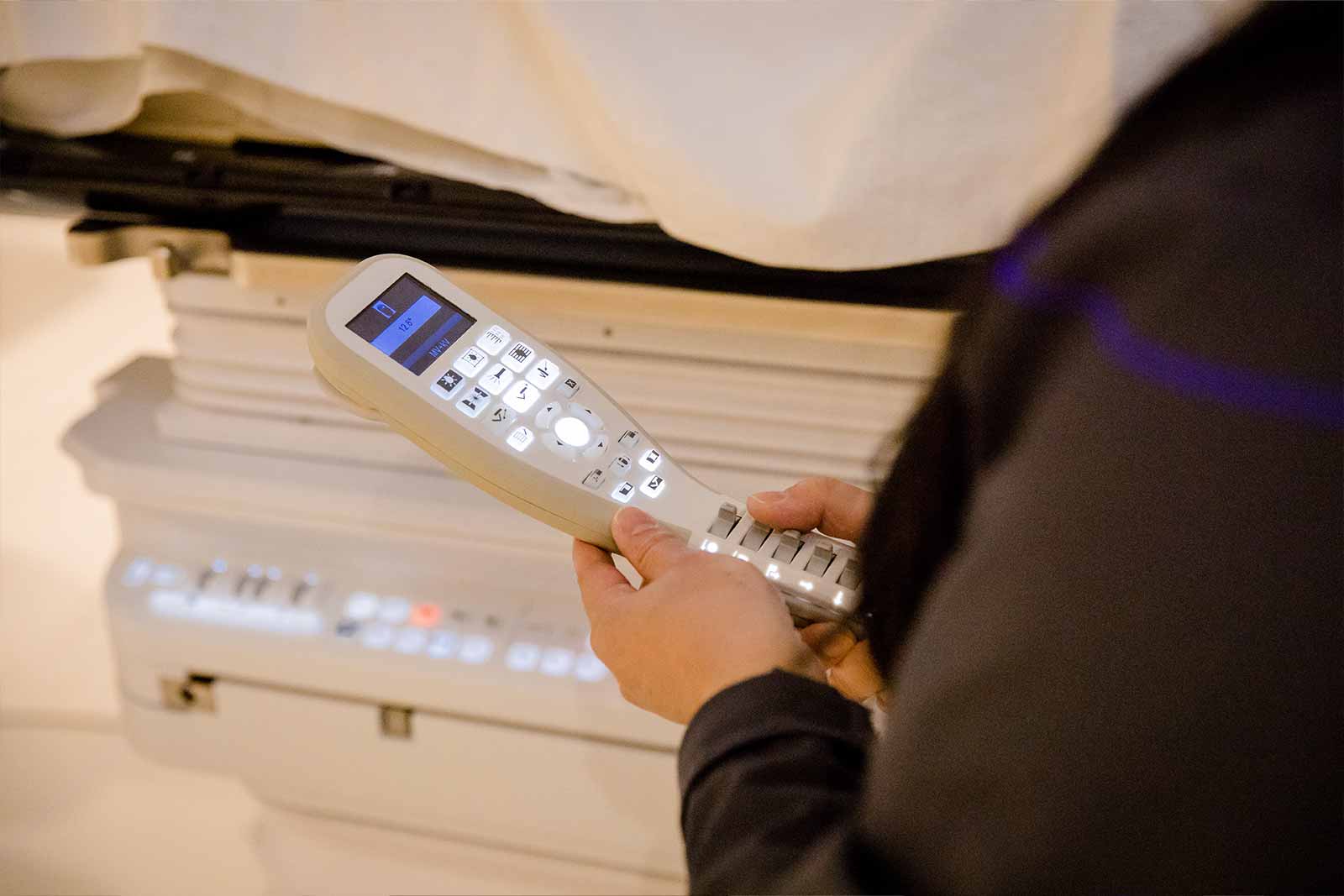
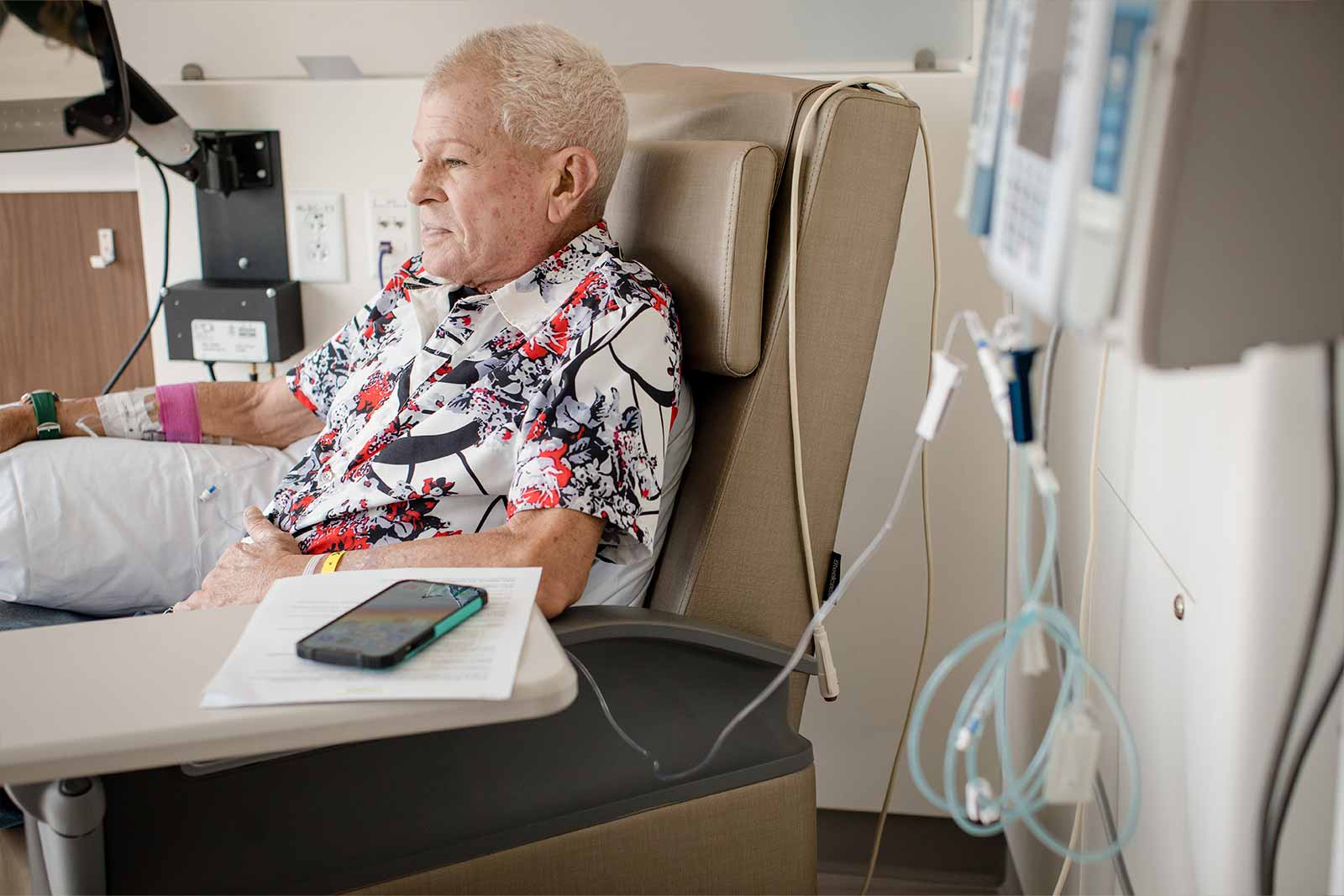
In 2001, the state of Florida established a Medicaid eligibility determination process to enroll women with newly diagnosed breast or cervical cancer. Women may be eligible if they are:
- Screened through the state breast and cervical cancer early detection program funded by CDC and state.
- Uninsured or coverage that doesn’t include necessary treatments.
- Not eligible under a federally mandated Medicaid group.
- 65 years old or younger.
- Citizen or qualified non-citizen.
Given that individuals must first meet the qualifications for the screening program, nearly all women who apply will qualify. In rare cases, women who do not qualify for Florida Medicaid are referred to the American Cancer Society for charity care (if available). If eligible, women will receive full Medicaid benefits, rather than those being treated for cancer.
Florida Medicaid eligibility ends when:
- the course of treatment ends;
- the patient no longer meets eligibility criteria;
- the patient obtains health insurance or Medicare that covers treatment; or
- the patient moves out of Florida.
 On average this program serves 800 women annually and receives nearly $20 million in care and treatment support.
On average this program serves 800 women annually and receives nearly $20 million in care and treatment support.